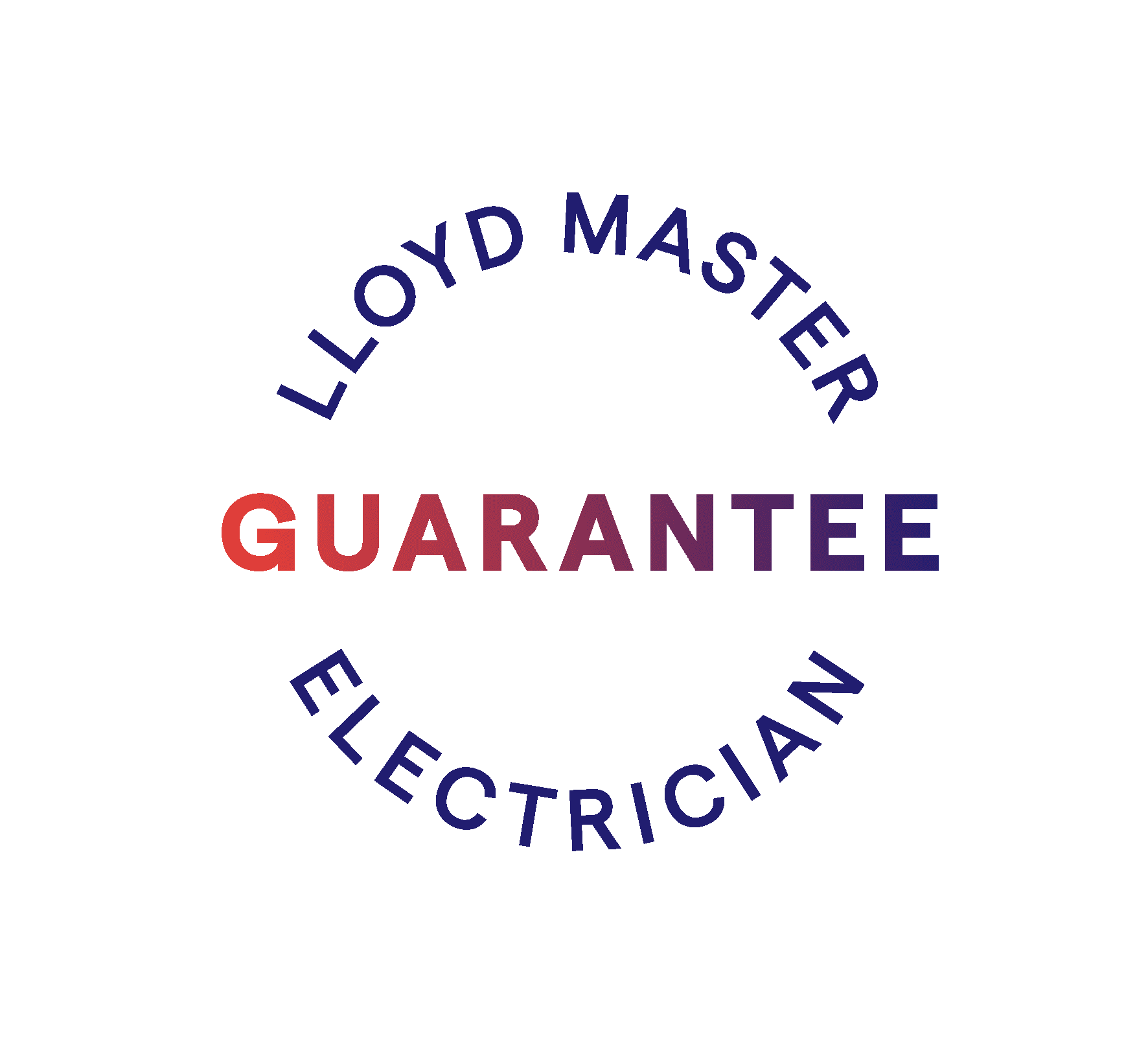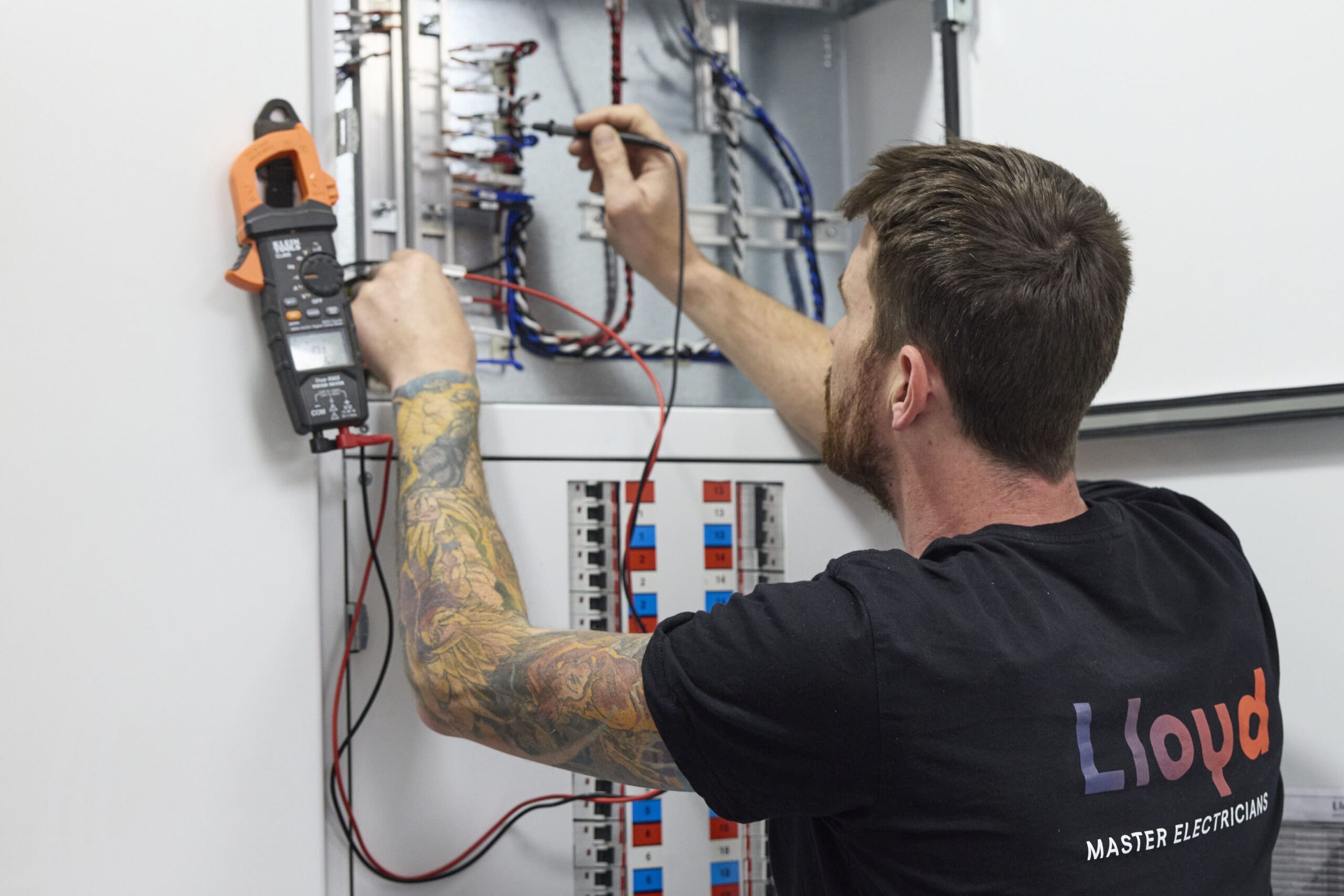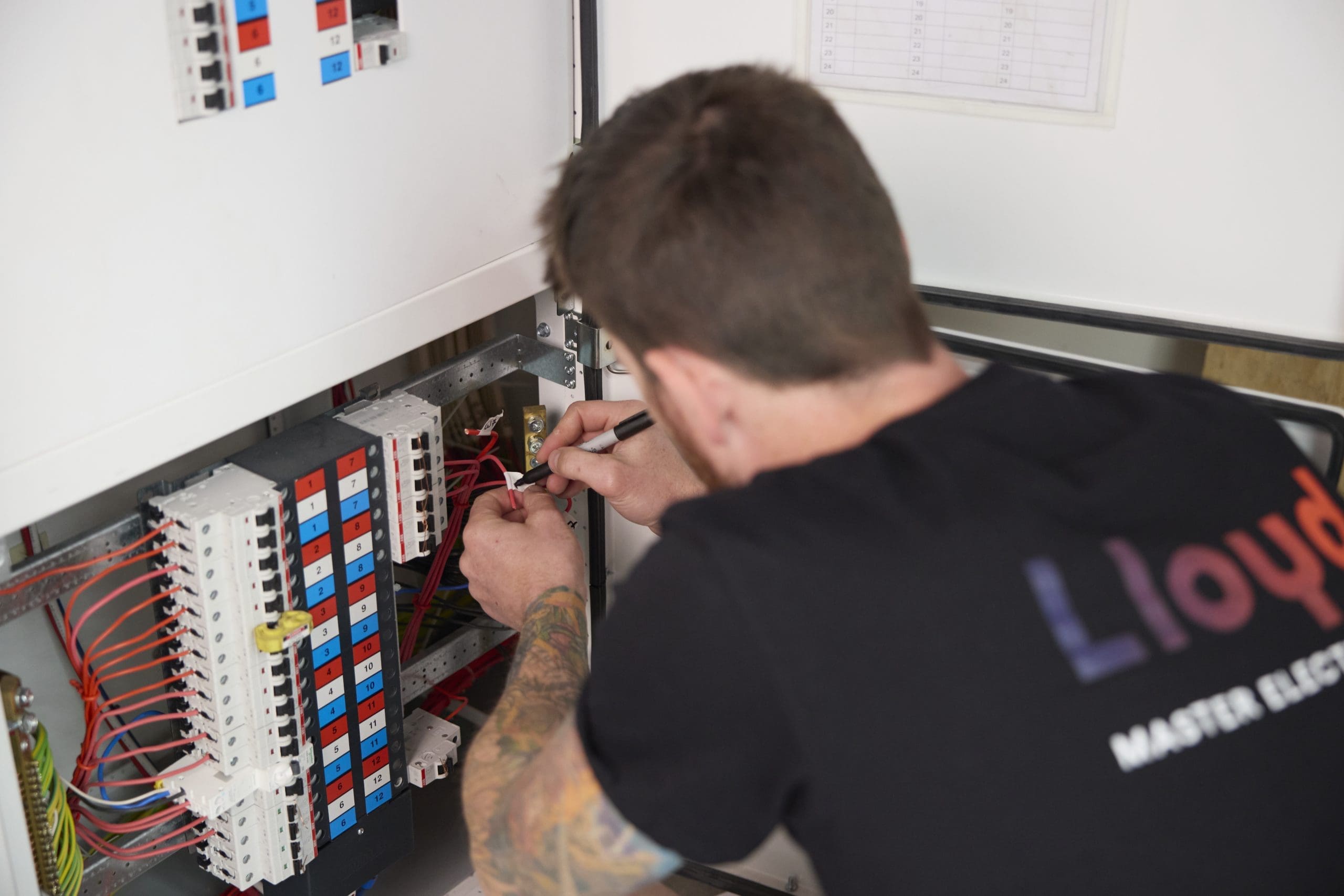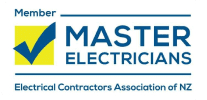When you mention solar powered electricity, people often think of the panels lining the rooftops of suburban residential homes. That's the kind of small-scale solar power that gets the most press. However, the real workhorse of solar powered electricity are the utility-scale solar power arrays, larger than five megawatts. These plants can consist of mirrored panels similar to those familiar rooftop models but that focus the sun's rays on a turbine that is used to generate a turbine. This is called photovoltaic energy and it's outcompeting all other solar energy segments currently.
Here in New Zealand, solar power accounts for only 0.1 percent of electricity production. There are currently three utility-scale solar power plants in the country, but indicators are that this industry is headed for steep growth. Corporations are turning to solar energy to establish sustainability. South Auckland Forging Engineering Ltd, installed a solar power array in 2012 that meets 70% of its energy needs. It has already paid for itself.
In a push for more solar powered energy, the Sustainable Energy Association of New Zealand's board recently approved the development of the Grid-Assisted Solar PV Working Group. The term grid-assisted describes a photovoltaic energy system that is designed for energy independence. The team is figuring out ways for New Zealanders to go off the grid, generating, and storing their own energy in batteries.
In the US, the firm First Solar, recently said predicted that by 2017, the cost of fully installed solar systems could cost under $1.00 per watt. It's these falling costs associated with solar panel array components that make this type of energy independence not only possible but well within reach for many.
Until utility-scale solar power becomes more commonplace there are other actions we can take to make our households and businesses more energy efficient.
- The experts at EnergyWIse have developed this handy tool to discover if solar energy is something that would work for your household.
- Use energy efficient lighting. This includes replacing standard lighting globes with LED light bulbs.
- Have an Auckland electrician inspect your home for wiring and electric problems.
- Weatherise your home ahead of time for better energy efficiency during the colder months.
- Switch to a programmable thermostat to save up to 30% on energy costs through better control. Make certain to have your device professionally installed and wired by a certified electrician.
Whether, in the future through solar energy or today — simply by making better choices, energy savings, improved efficiency, and greater sustainability is something that each of us can enjoy.









